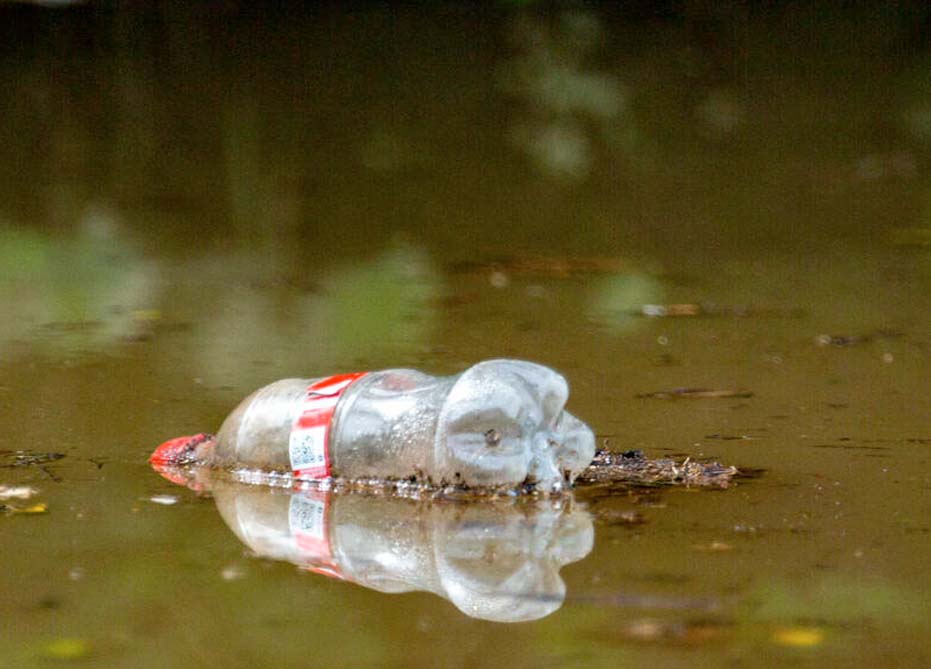We are here to fight against environmental racism and for environmental justice, to decolonize environmentalism, and uncouple it from western traditions.
Latine people and other communities of color are the most impacted by the climate crisis. Forced migration as climate refugees, surviving extreme weather and wildfires, and exposure to toxic pollutants in sacrificial zones near our homes, are often part of our story. We know that generally communities in the Global South have a lower carbon footprint yet are most affected by the climate crisis. Similar discrepancies exist within the U.S. because of racist structures of oppression.
Our communities are denied access to adequate healthcare, education, and housing. Yet the whiteness of traditional environmentalism often doesn’t include us and the richness of our traditions, radical thoughts, and solutions for a mundo verde.
We’ve always known that the climate emergency is not just about the environment. It is a human rights crisis, shrouded in colonial, racist, and profit driven systems of oppression. To have a thriving planet we all can live on, we have to dismantle all these systems of oppression as well. We cannot have climate justice without racial justice.
Latinx people play an integral part in the environmental movement, and it’s about time our experiences are brought to the forefront. Over 70% of Latinx people in the United States are concerned about the environment. So here we are! We are a part of the story.
We came to Greenpeace from many different places, with the hope of making the movement stronger, more inclusive, and more resilient. We are here to fight against environmental racism and for environmental justice, to decolonize environmentalism, and uncouple it from western traditions.
*A note on using Latinx/Latine:
Because Spanish is a gendered language, we think it is really important to be gender inclusive when we speak about our communities. The goal of not using a/o endings is to be gender inclusive. Different Latin American countries, and Latine populations in the US do it in different ways. We even have a whole Planeta G episode on this, if you want to explore further. Our solution is to use all the different ways to ensure that people feel included in the conversation! We often use what some folks call “triptico” to be extra clear– this means using the a, o, and e (or x ending) like we didhere for example.
Additionally, none of these terms (Latino, Latine, Hispanic, etc) properly account for the many Indigenous Peoples of the Americas who don’t identify with colonizing terminology. Latin America has over 800 different Indigenous groups, with profound cultural identities, despite centuries of colonization, violence, discrimination, and forced assimilation.
Lastly, let us remember that for some people the only connection to Spain was on the flag of the ships that stole them. And while boundaries between what we are (Indigenous, Black, white, European, African etc) are not clean borders, the privileges and power dynamics based on how we look (and how close to the European standard we appear) are real. While “Latinidad” (the common Latinx identity we share) is many positive things that can unite us, it is not a reason to hide away the damage of continued racist structures, cultural erasure, and colonizer ideology.

Call on the NZ Government to ban unnecessary single-use plastic bottles* in NZ, and to incentivise reusable and refillable alternatives.
